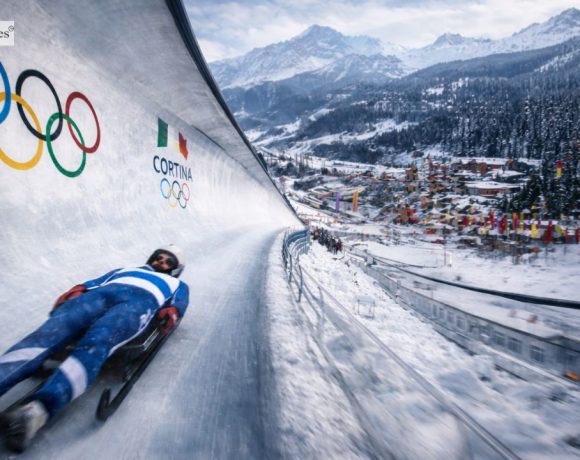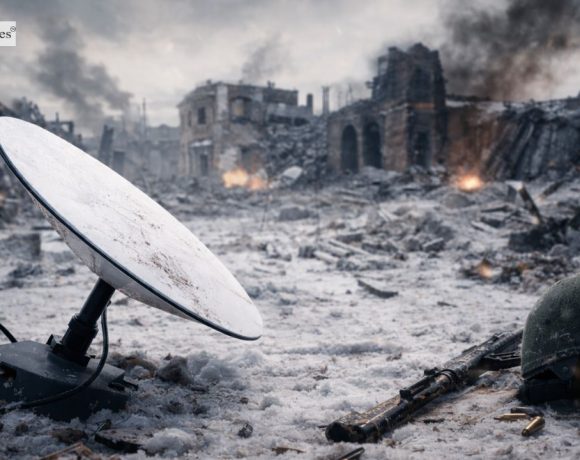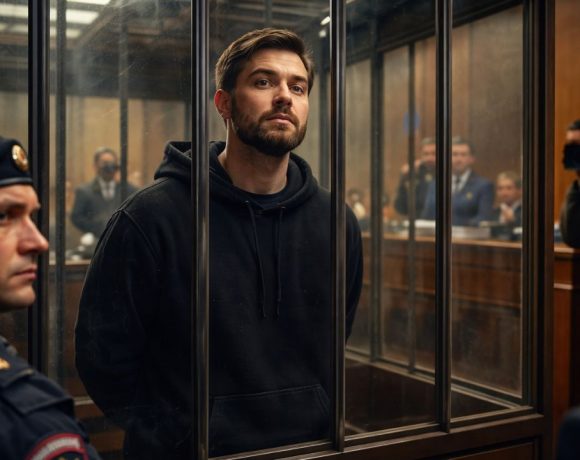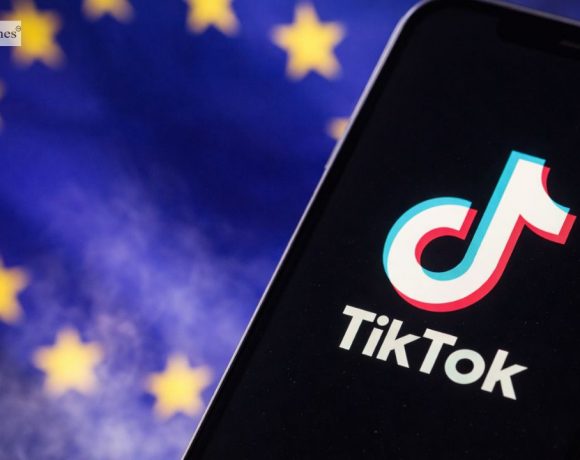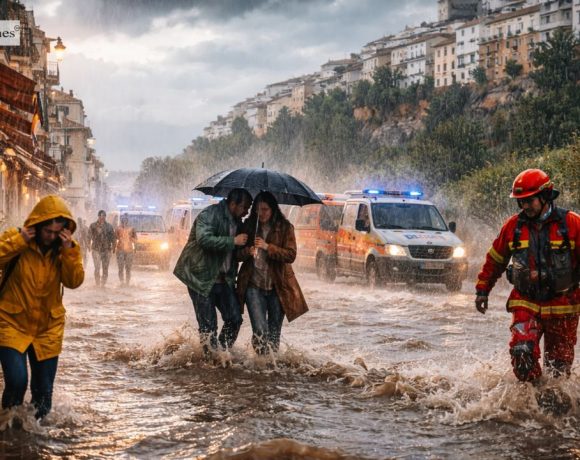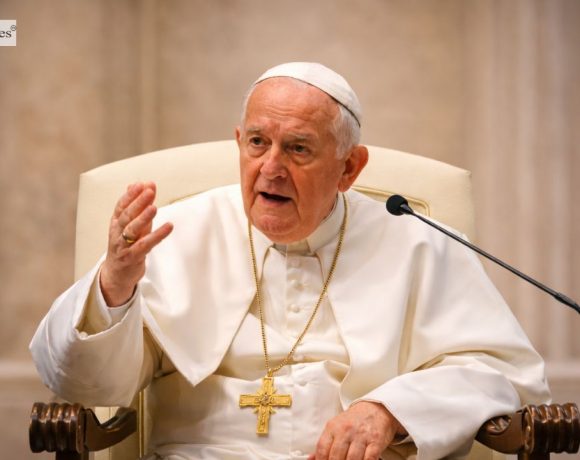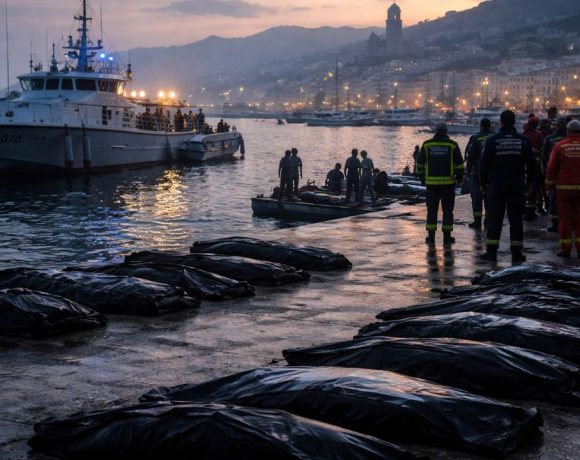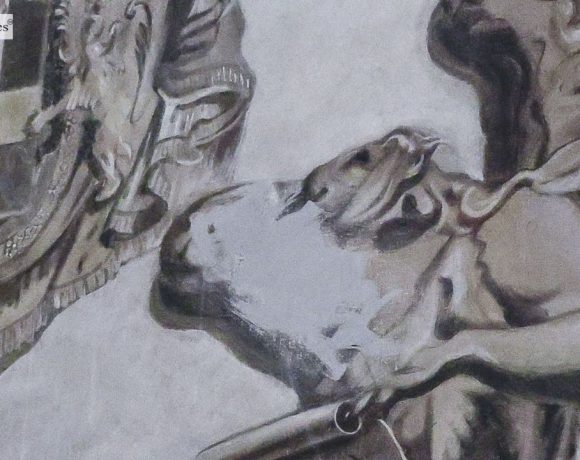
A restored fresco at Rome’s Basilica of St Lawrence in Lucina has sparked controversy after the face of an angel was found to resemble Italian Prime Minister Giorgia Meloni. The artist, Bruno Valentinetti, initially denied the claims but later admitted the likeness, stating it was similar to the original. Vatican authorities reportedly ordered the face to be scrubbed out, and church officials have confirmed it will be properly restored.
The fresco, painted in 2000 and not heritage-protected, is located in a chapel dedicated to Italy’s last king, Umberto II. The cherub in the fresco holds a map of Italy, and the altered image drew a stream of visitors eager to see the controversial work. Rome’s Cardinal Baldassare Reina criticized the incident, emphasizing that sacred art should not be misused or exploited.
The restoration has prompted stricter oversight, with the government agency managing Rome’s cultural sites requiring prior authorization and sketches for any future restoration work. Prime Minister Meloni herself reacted lightly on social media, joking that she was “definitely not like an angel.”
Pic courtesy: google/ images are subject to copyright

